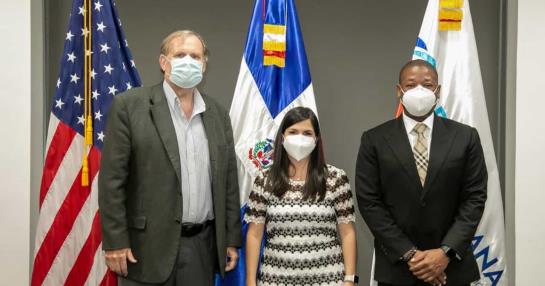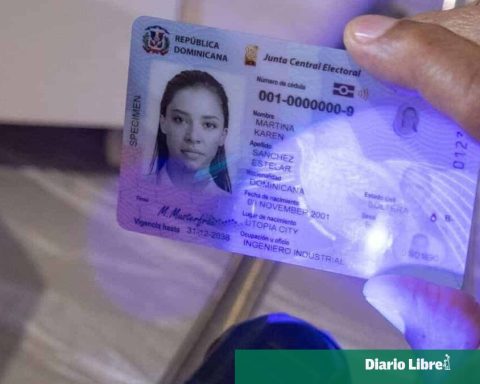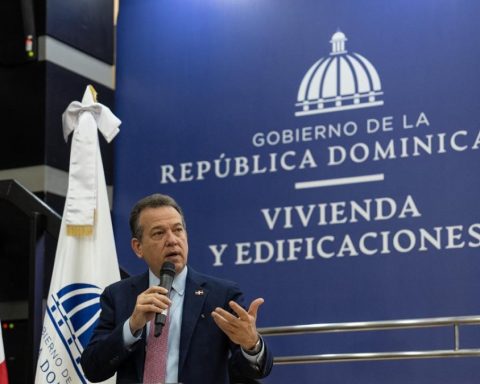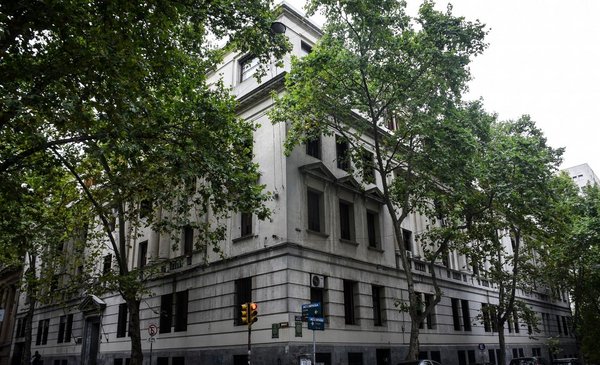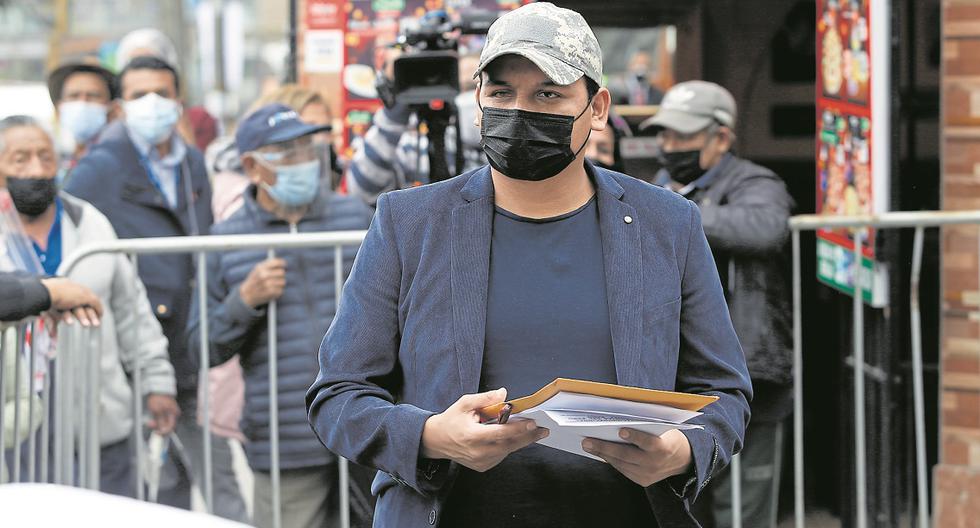The authorities of Export and Investment Center of the Dominican Republic (ProDominican) and of the embassy from U.S announced the inter-institutional collaboration with which they will strengthen the skills of the exporters and exporters of goods from the country.
The executive director of ProDominican, Biviana Riveiro; Brian Rudert, CEO of the Trade Safe project; and Fred Giles, regional agricultural attaché for the embassy North American, made the announcement and explained that the agreement focuses on the transmission of skills and experiences of good practices, which includes training by IESC to the team of ProDominican in relation to the TraSa Project on efficiency and safety of agricultural products.
“The alliance that we formalized with the IESC will mean expanding the scope of our efforts in favor of the country’s export community,” said Riveiro.
He added: “We are committing to keep open a channel for the exchange of documents, data and information that facilitate strategic decision-making in terms of export promotion.”
For his part, the director of the Trade Safe Project, Brian Rudert, pointed out that there are many sanitary and phytosanitary threats that the Dominican Republic has to face in order to achieve the vision of President Luis Abinader so that the country can take advantage of its potential and become in a regional trade hub.
“Entities like ProDominican They can help foster the necessary public-private partnerships on sanitary and phytosanitary issues. The Dominican government cannot do everything alone and needs the private sector to be part of the solution,” he said.
The agreement between both entities is part of the actions contemplated in the National Plan for the Promotion of Exports, with which it seeks to strengthen and increase Dominican exports, which in 2021 grew by US$11,831.5 million, this year 2022 we are going for more.
About the TraSa project
It is the Food for Progress Program of the United States Department of Agriculture. U.S (USDA) funded for five years, under the execution of the international non-profit organization International Executive Service Corps (IESC). This seeks to improve the efficiency, coordination and transparency of the trade of important agricultural products, as well as food safety, through the support of measures and standards, as well as sanitary and phytosanitary regulations based on both science and risk analysis.
Its mission is to expand local, regional and international trade in agricultural products such as pineapple, avocado, tomato, lemon, cucumber, peppers, eggplant and papaya, in addition to providing support to other producers.
